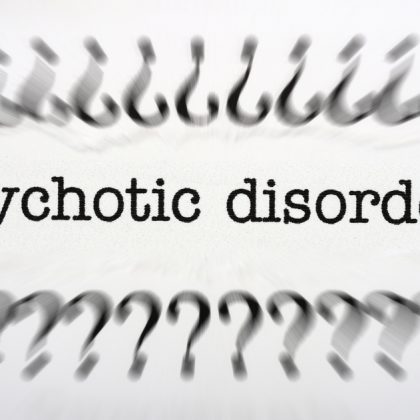Sexual minorities vulnerable to psychosis?
Lesbians, gays and bisexuals (LGB’s) report more psychiatric symptoms which may be associated with psychosis, possibly this is due to experiences of discrimination and social exclusion. This finding is reported by researchers of Rivierduinen, Maastricht University, the Netherlands Institute of Mental Health and Addiction and the Parnassia Group.
The risk of psychotic symptoms is two to three times greater among homosexual participants in the study than among heterosexual participants. The researchers found this result using data from the Netherlands Mental Health and Incidence Studies (NEMESIS-1 and NEMESIS-2), two large-scale epidemiological studies which aim to investigate how often mental health problems occur in the general population.
The findings illustrate that the mental health of LGB’s still lags behind that of heterosexual compatriots even in a relatively gay friendly country like the Netherlands. Where previous research in this area often dealt with depression and substance abuse, the present study shows that delusions and hallucinations are also more common among LGB’s. This could mean that they are more likely to develop other serious mental disorders, associated with impairment of reality.
“Homosexual study participants who report that they have been discriminated against based on their sexual orientation have more often experienced a period during which they had psychotic perceptions or thoughts than homosexual participants who do not experience discrimination,” says Mr Gevonden, leading author of the paper. “We assume that the experience of social exclusion because you are part of a minority produces chronic stress. Through that stress, possibly in combination with a genetic predisposition, some people develop symptoms. Those can be depressive thoughts, or excessive drinking, or as in this case psychotic symptoms.”
This study focused on psychotic symptoms and not psychotic disorders. Psychotic symptoms may include hallucinations, such as hearing voices, or delusions, such as the idea that one is constantly being followed. Even if they are not serious and no help is sought, psychotic symptoms have predictive value for the onset of a psychotic disorder such as schizophrenia. Such disorders often result in the need for long-term care and are demanding to both the patient and his environment.
Mr Gevonden concluded, “More knowledge about the development of these disorders is needed in the search for new opportunities for preventive action and effective treatment strategies.”






Interesting paper, but we must not confound the results and data with their interpretation. We may be mistaking the order of the conditions due the fact that there is an intrinsic denial of their physical reality as a result of an external factor like peer pressure, trauma or post traumatic stress disorder. Those conditions associated with the homosexuality behavior trend to suggest that plausible scenery. Besides, emotional fragility is associated with these individuals along a lack of self esteem. Tis order of conditions as cause and effect is important if you want to provide treatment or at least protection under Federal Law like ADA. No mater their conditions they have the right to pursue happiness and be treated with dignity